Antonio “Tonton” Contreras (Survivors ’78) got his bachelor’s and master’s degrees in Forestry from UP Los Baños in 1982 and 1985, respectively. After teaching for four years in the same college, he went to the University of Hawaii where he got his master’s and doctoral degrees in Political Science. In 2001, he joined De La Salle University where he is now a full professor in the Department of Political Science and serves as the Dean of the College of Liberal Arts. Tonton is married to a Varronette, Jennifer Bandong (D’ Authentic Twelve).

Tonton
A quick bibliographic search indicates that some of your publications are related to environmental issues in the Philippines. How important are these issues to you personally? Can you give us a brief rundown on what you did and what you are currently doing regarding this issue?
Actually, my scholarly pursuits are somewhat more “schizophrenic” in the sense that I have a dual academic personality. On one hand, I still conduct a lot of work on the environment, particularly on the policy/politics side of it. Most of my publications, including my three books, are about political ecology, and the role of politics in environmental governance not only in the Philippines but comparatively with other countries, particularly in Southeast Asia. I focus my inquiry on the role of civil society forces and other non-State actors and processes in the establishment of order vis-à-vis society’s engagement of the environment and its resources. I consider these as important domains of inquiry, considering that much of the discussions have always been focused on the “obvious” and the “convenient”—which is the State and its various instrumentalities. It is about time that we have to learn more about the hidden and not too obvious domains of ordinary people’s contribution to environmental governance. At present, I am very much involved in research on the Mekong, particularly on democratizing water governance there. I serve as the research leader of the knowledge theme for the Mekong Program on Water, Environment and Resilience (or M-POWER), a regional program based in Chiang Mai, Thailand but involves a lot of partners. My role is to coordinate the work of researchers, particularly as they grapple with the dynamic relationships between local and indigenous knowledge on one hand and scientific knowledge on the other, and how the interplay engages the policy making process not only within each Mekong Country, but also the larger regional bodies such as the Mekong River Commission and the ASEAN.
 |
The other side of my scholarly inquiries, from which I in fact derive my intellectual satisfaction (I must admit that funds are easier to get for the environmental side of my scholarship), is my interest on the politics of everyday lives, particularly on the political functions and significance of the everyday experiences of ordinary people, such as popular culture, the media, and other activities and domains from which people derive their entertainment and pleasure, as well as where knowledge and truth may be produced. My upcoming book, which I hope to finish during my sabbatical next year, is an inquiry into three domains of existence which are normally considered as outside the usual political arena, but are in fact very political. I refer to entertainment and mass media that produce truth and pleasure, the bars and nightclubs that mediate the production of desire, and of course, to the University that produces truth and knowledge. I feel that my transfer to DLSU has enabled me to take up this domain of scholarship, considering that such may not have been appropriate areas of inquiry had I remained with UPLB-CFNR.
Do you think the current environmental policies in the Philippines are effective? In your experience, how difficult it is to push some changes in the country’s environmental policies?
I could write a whole paper on this. But for the sake of brevity, I would focus my response on two basic things which prevent us from having an effective environmental policy and governance regime. First, there is a mismatch between knowledge produced and knowledge required. Our educational system, while recognizing great strides in curricular review—remains encapsulated in the traditional lenses of both the natural and the social sciences. We are still very much dominated by Western constructs, and our science is very much dominated by empirical-positivist assertions that science is neutral and objective, and is apolitical. And second, there is a mismatch between the technology of governance and the nature of our environmental resources. For example, we manage our ecosystems according to political boundaries, and not according to landscapes. Our policies simplify complex environmental situations with single formulas and strategies.
Last Updated on October 12, 2016 by Tudla_Admin


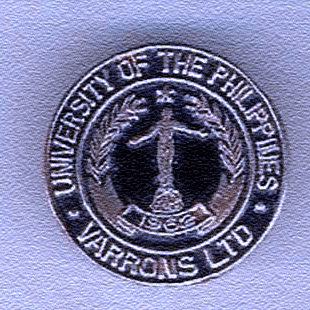




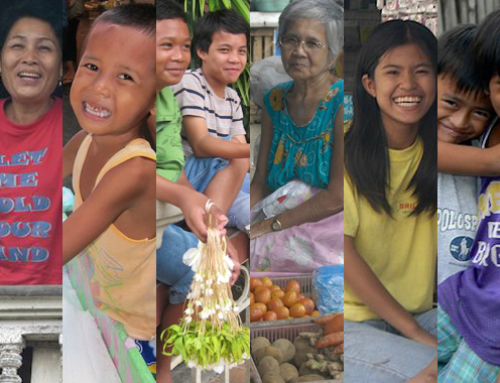


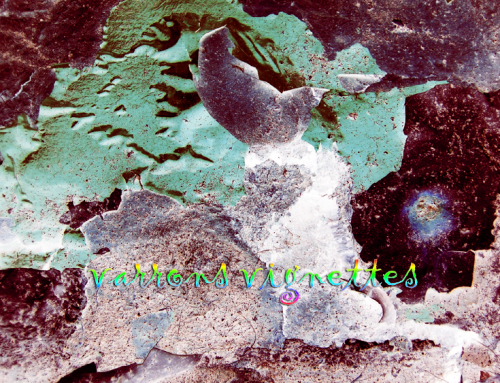
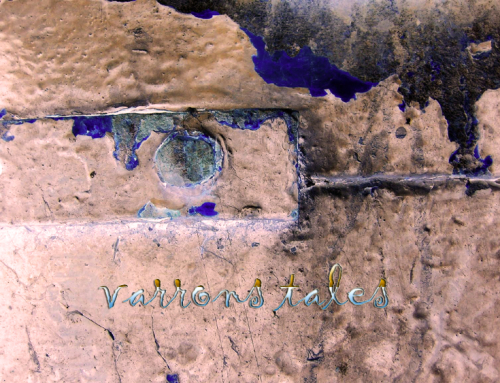
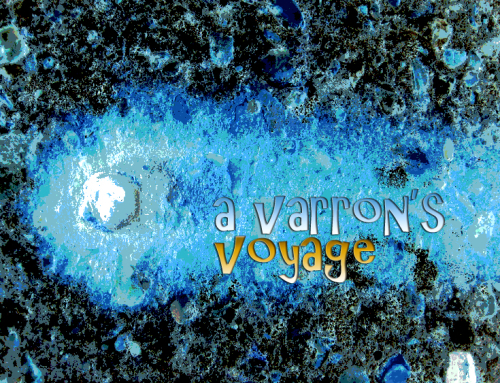


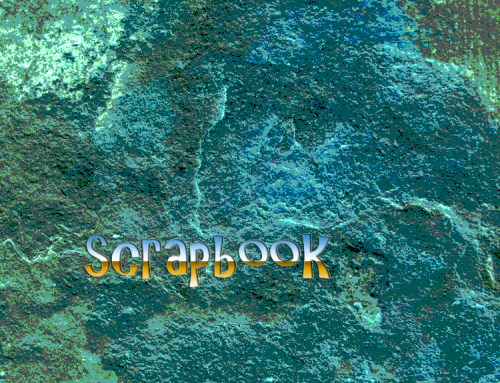
[…] by Antonio “Tonton” Contreras (Survivors ‘78) Tonton's Political Blog […]